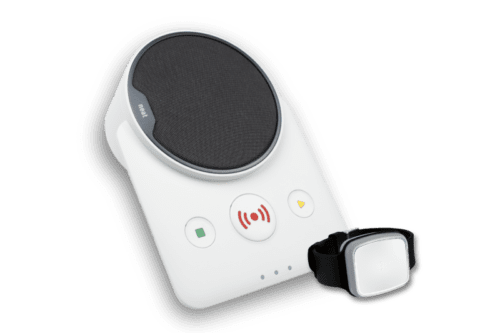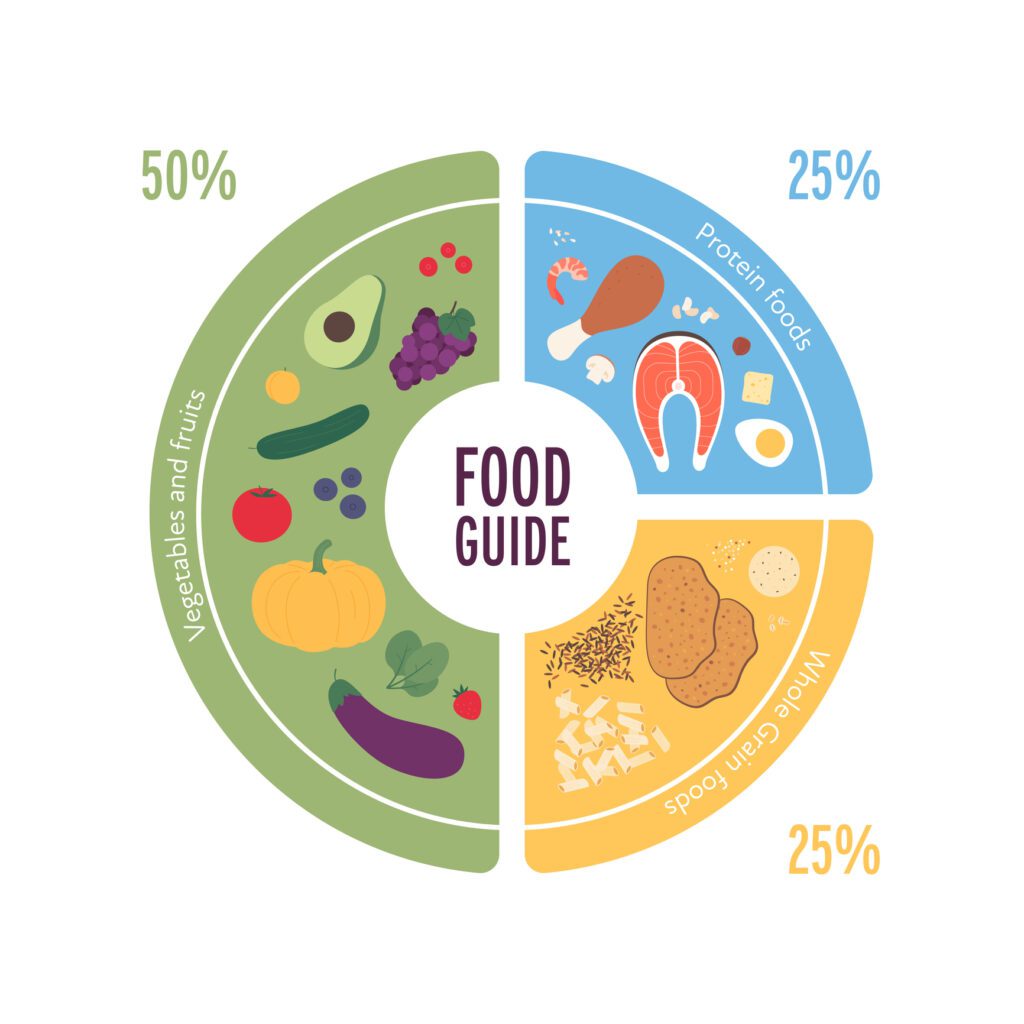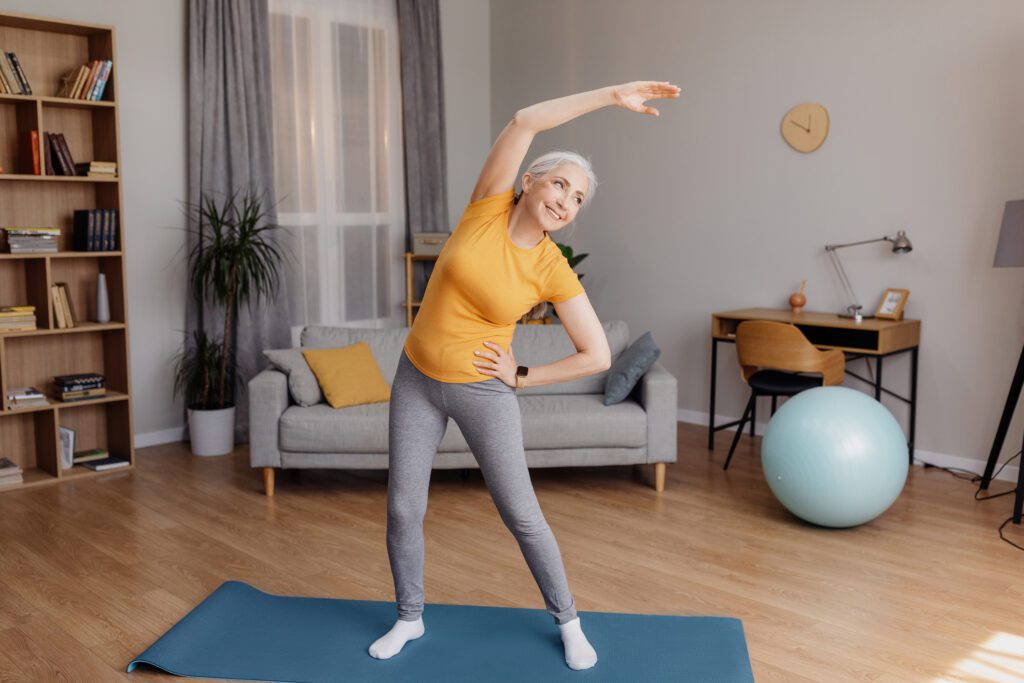From a young age, we are taught to look after ourselves physically, by eating well and exercising regularly. But it’s only in recent years that people have started to recognise the importance of looking after our mind and our mental health. After all, our mind shapes our thoughts, our feelings, and our reactions – it defines who we are and what we do. Neglecting our mental health can lead to negative outcomes and burdensome challenges.
You can suffer from mental health issues at any age, sometimes with no clear reason as to why. Age UK reports that 1 in 4 older people live with mental health problems, such as depression or anxiety. Why is this so common among the elderly? At times it may simply be a side effect of medication. At the same time, older people typically face more trials such as the loss of a loved one, loneliness, a drop in income, health problems, or a limited sense of purpose after retirement. Regardless of the reason, there is hope. By following the tips below, you can improve your mental state and even prevent mental health issues altogether.
- Find a hobby
Hobbies are great for the mind. Engaging in hobbies not only brings joy but also offers various health benefits. They promote relaxation, greatly reducing stress-induced health risks and boosting self-esteem. A new hobby is even better for the mind. Learning a new skill engages the mind, improving our memory skills and mood. There are many hobbies to try when you retire, such as arts and crafts, yoga, or gardening. - Spend time outside
If you chose gardening as your hobby mentioned earlier, you’re already one step ahead. Spending time in nature is really good for your mental health. It induces good emotions such as peace, happiness and creativity. There are many different ways to enjoy nature. You can spend more time in nature by simply sitting in your garden for at least 10 minutes a day.Top Tip: If you don’t have your garden, try bringing the outside indoors. Buy plants and flowers for your home. - Practice mindfulness
The act of being mindful has shown great promise in reducing mental health issues in people of all ages. Mindfulness means to be aware of the present moment by taking in the sights and sounds around you. You’ll likely notice things that often go missed when we are busy overthinking.The next time you feel stressed, tired or overwhelmed, take a moment to stop and see what’s going on around you. Pay attention to your senses. Notice what you can see, hear and feel.Top Tip: Gardens provide an ideal setting for mindfulness. There are many sights and sounds to take notice of. - Look for the positives
Along with being mindful is having a positive attitude. A positive mental attitude plays an important role in helping us cope with trials. Being positive is often easier said than done and it might take time to retrain our brain.For the following exercise, you’ll need a pen and paper nearby.Each time something good happens to you or you remember something you are grateful for, write it down. Then when you are feeling negative, sit and read through that list. You’ll likely find the positive things in your life greatly outweigh the negative thoughts you had. You can also benefit from limiting exposure to negative influences, such as excessive news consumption. Instead try listening to something that makes you feel good, such as your favourite music. - Keep socially active
Age UK estimates that over 2 million older people live on their own in the UK. That number is expected to rise as living alone becomes increasingly common. Hence loneliness is one of the biggest factors in mental health issues for older ones.The best way to combat loneliness even while you live alone is to remain socially active. How? We encounter many people as we go about our daily errands. Next time you go to the shop, the post office or the doctor, take a minute to talk to the people around you. A simple greeting or a friendly smile can lead to meaningful interactions and thus keep you connected to your local community.There are many ways to keep in touch with friends without even leaving the house. Ask a relative or trusted friend to help you set up Zoom or Skype so that you can contact your friends anytime, anywhere.If you’re not confident online, you could write letters to your friends or arrange for them to come over and visit you in your home. When your friends or family aren’t available, you can turn to Age UK’s Telephone Friendship Services for company. They’ll match you with a friendly volunteer that you can chat with weekly over the phone. Age UK also offers a helpline service, The Silver Line, available 24/7.
- Listen to others
When you’re not feeling well, listening to others can help you process your own thoughts, or at the very least distract you from your problems.You can also listen to a podcast. A podcast is a type of audio program very similar to the radio. They are available to listen to on the podcast app, Spotify or your smart-home device. You can guarantee you’ll find a podcast based on a subject you’re interested in, providing an excellent opportunity for gaining new perspectives and learning new things. - Volunteer
Volunteering is another great way to combat loneliness. It can also give you a renewed sense of achievement or purpose.Many older people report a lack of purpose after retirement, volunteering can be a great way to combat that. There are many volunteer programs targeted at older ones. As an older person, you have a lot of experience to share with others. You can also benefit from spending time with like-minded individuals. - Check your medication
Our metabolism slows with age, and thus your body may metabolise medication slower than it used to. This can lead to - Stick to a routine
Developing and sticking to a routine can ease anxiety by limiting the unknown. It also gives you a sense of purpose and achievement when you complete your routine at the end of the day. A good routine should encompass the activities mentioned above, including consistent eating, exercising regularly, going to bed at the same time each day, and rest. We’ll discuss why in the next point. - Make time to rest mentally
Just as our bodies need to rest after we exercise, our brain needs its breaks too. Mental stimulation is like exercise for our minds. After following one or more of the suggestions above, take a small break. Sit in peace with your thoughts, allow your mind to wander and daydream in small doses.
How to Prevent Your Brain From Ageing
So far we have focused on our mental health, but there is another aspect of the mind that needs looking after. Our cognitive health. Our cognitive health is more physical than mental health. It involves looking after the health of the brain, rather than our thoughts and feelings.
As we age, we tend to become more forgetful or struggle more to learn new skills. This is due to age-related decline in our cognitive or brain health. Though this is common, it’s not inevitable. We can train our brains just as we train our bodies. The following tips will help you stimulate your brain and keep it in peak physical condition.
1. Eat well
A well-balanced diet helps to nourish and energise the brain. A healthy diet should involve a variety of foods, as no single food can provide all the nutrients we need to keep our brains healthy and functioning well. Try to include fruits and vegetables, carbohydrates, protein and healthy fats in every meal. Speak to your doctor before making major changes to your diet.
On top of changing what you eat, some also benefit from changing when they eat. This is known as intermittent fasting. Studies suggest a close link between intermittent fasting and improved brain function.
How to do it:
Intermittent fasting is a time-restricted diet. It involves choosing regular times to eat and abstaining from eating at other times. While fasting, the body works to better control blood sugar, blood pressure and inflammation.
Please note, that you should only abstain from food, not drink, during the fasting window. Keep up your liquid intake/hydration by drinking water or tea without milk.
This kind of diet requires major willpower and it might be tough to get started. First, try avoiding snacks between your main three meals in the day. You will adjust to these short periods of fasting and be better prepared to follow an intermittent fasting schedule in the future.
2. Sleep
Sleep is essential for maintaining healthy brain function. It contributes to our mood, energy, reflexes, memory skills and more. Without sleep, our brains will feel overworked, making it harder to concentrate, learn new things and perform everyday tasks.
You should aim to get between 7 and 9 hours of sleep every night. It’s not always easy to do so, but fortunately, there are different ways to encourage a good night’s sleep. Go to bed at the same time each night. Our brain thrives on consistency.
- Going to bed at the same time each night helps our brains fall into a recognised pattern of sleep, making it easier to fall asleep at night.
- Avoid stimulants such as caffeine, alcohol or heavy exercise, in the evenings. Instead, try to relax your nervous system by reading a book or listening to calming music before bed.
- Create a calming environment. A calming bedroom will help you fall asleep quicker. Try to keep your room tidy and avoid harsh bright lighting.
- Avoid using electronic devices before going to bed. The blue light emitted from your phone, tablet or TV can interfere with your body’s ability to fall asleep.
3. Exercise
Physical exercise is great for preventing the ageing of the brain. Just like sleep, exercise boosts our mood, memory, and reflexes. Studies show that adults who exercise regularly are at less risk of developing dementia. You can stay active by making small changes such as taking the stairs instead of the lift, standing from your chair regularly or walking around the house more.
If you have a health condition that limits your physical activity, please ask your doctor what exercises you should be doing.
4. Brain training
Mental stimulation, or brain training, is like a workout for the mind. It strengthens our thinking skills and promotes healthy brain activity. You can train your brain by playing games like sudoku or word search, engaging your brain with reading and writing, or learning a language.
In summary, by making small lifestyle changes and introducing new activities into your life you can prevent your brain from ageing, improve your thinking ability and skills, and improve your overall mood. If you are worried about your mental health, please reach out to your doctor or one of the following helplines. They will listen and offer advice, free of judgement, no matter your age or circumstances.







 There are many ways to keep in touch with friends without even leaving the house. Ask a relative or trusted friend to help you set up Zoom or Skype so that you can contact your friends anytime, anywhere.If you’re not confident online, you could write letters to your friends or arrange for them to come over and visit you in your home. When your friends or family aren’t available, you can turn to Age UK’s
There are many ways to keep in touch with friends without even leaving the house. Ask a relative or trusted friend to help you set up Zoom or Skype so that you can contact your friends anytime, anywhere.If you’re not confident online, you could write letters to your friends or arrange for them to come over and visit you in your home. When your friends or family aren’t available, you can turn to Age UK’s 









